Related Topics
No David Here, Chris Gammell with Golioth.io
We welcome Chris Gammell, Developer Relations Lead at Golioth, to explore the exciting world of IoT (Internet of Things) and hardware.
Net Running the Nut Runners with Joe Grand
Bosch wrench hack sparks talk on insecure IoT devices. We discuss safety risks and broader implications.
Brandon Satrom and the LANoT
Parker talks with Brandon Satrom of Particle about the future of IoT and then design and prototype an IoT device.
Other Resources
Circuit Break Podcast
Webinars
Videos
Tour MacroFab's ITAR-Compliant Facility
June 17, 2016, Episode #20
- Matt Keas is an onboarding instructor over at The Iron Yard. Matt has a background in software and startups. He runs tech related conferences like Space City JS.
- Brian Dorton is the campus director for The Iron Yard at Houston. Brian has his background in teaching and has just started to get his chops in programming.
- The Iron Yard will take you from “zero to hero” in web development.
- Brian wanted to not compromise his BBQ so he built an IoT BBQ. It is based off the Heater Meter by CapnBry. It was Brian’s first exploration into hardware (See Figure 1 for his IoT BBQ).
- Stephen, Matt, Brian, and Parker talk about Feature Creep and how it effects personal projects and customer projects. Design specifications are always changing (See Figure 2 for the controller Parker was working on at Dynamic Perception).
- Matt talks about reverse engineering the IoT “cloud”. They paused the video to find the parts list. Here is the cloud Matt and Brian built (See Figure 3).
- Hackaday is advising the United Nations. The UN recognizes that HaD is a technology information aggregator and that the Hackaday community has become a world leader in thinking about new designs, implementations, and increased availability of assistive technologies.
- An IoT-Enabled Toothbrush Wins America’s Greatest Makers contest that was sponsored by IBM. It is called the “Grush” or the Game Toothbrush. The prize was $1 million USD. Stephen thinks a IoT toilet called “Bombs Away” could help kids become potty trained.

Figure 1: Brian Dortons IoT BBQ with some delicious brisket.

Figure 2: The controller iterations Parker worked on.

Figure 3: IoT “cloud” Brian and Matt built.
About the Hosts

Parker Dillmann
Parker is an Electrical Engineer with backgrounds in Embedded System Design and Digital Signal Processing. He got his start in 2005 by hacking Nintendo consoles into portable gaming units. The following year he designed and produced an Atari 2600 video mod to allow the Atari to display a crisp, RF fuzz free picture on newer TVs. Over a thousand Atari video mods where produced by Parker from 2006 to 2011 and the mod is still made by other enthusiasts in the Atari community.
In 2006, Parker enrolled at The University of Texas at Austin as a Petroleum Engineer. After realizing electronics was his passion he switched majors in 2007 to Electrical and Computer Engineering. Following his previous background in making the Atari 2600 video mod, Parker decided to take more board layout classes and circuit design classes. Other areas of study include robotics, microcontroller theory and design, FPGA development with VHDL and Verilog, and image and signal processing with DSPs. In 2010, Parker won a Ti sponsored Launchpad programming and design contest that was held by the IEEE CS chapter at the University. Parker graduated with a BS in Electrical and Computer Engineering in the Spring of 2012.
In the Summer of 2012, Parker was hired on as an Electrical Engineer at Dynamic Perception to design and prototype new electronic products. Here, Parker learned about full product development cycles and honed his board layout skills. Seeing the difficulties in managing operations and FCC/CE compliance testing, Parker thought there had to be a better way for small electronic companies to get their product out in customer's hands.
Parker also runs the blog, longhornengineer.com, where he posts his personal projects, technical guides, and appnotes about board layout design and components.

Stephen Kraig
Stephen Kraig is a component engineer working in the aerospace industry. He has applied his electrical engineering knowledge in a variety of contexts previously, including oil and gas, contract manufacturing, audio electronic repair, and synthesizer design. A graduate of Texas A&M, Stephen has lived his adult life in the Houston, TX, and Denver, CO, areas.
Stephen has never said no to a project. From building guitar amps (starting when he was 17) to designing and building his own CNC table to fine-tuning the mineral composition of the water he uses to brew beer, he thrives on testing, experimentation, and problem-solving. Tune into the podcast to learn more about the wacky stuff Stephen gets up to.
Special thanks to whixr over at Tymkrs for the intro and outro!
Related Podcasts
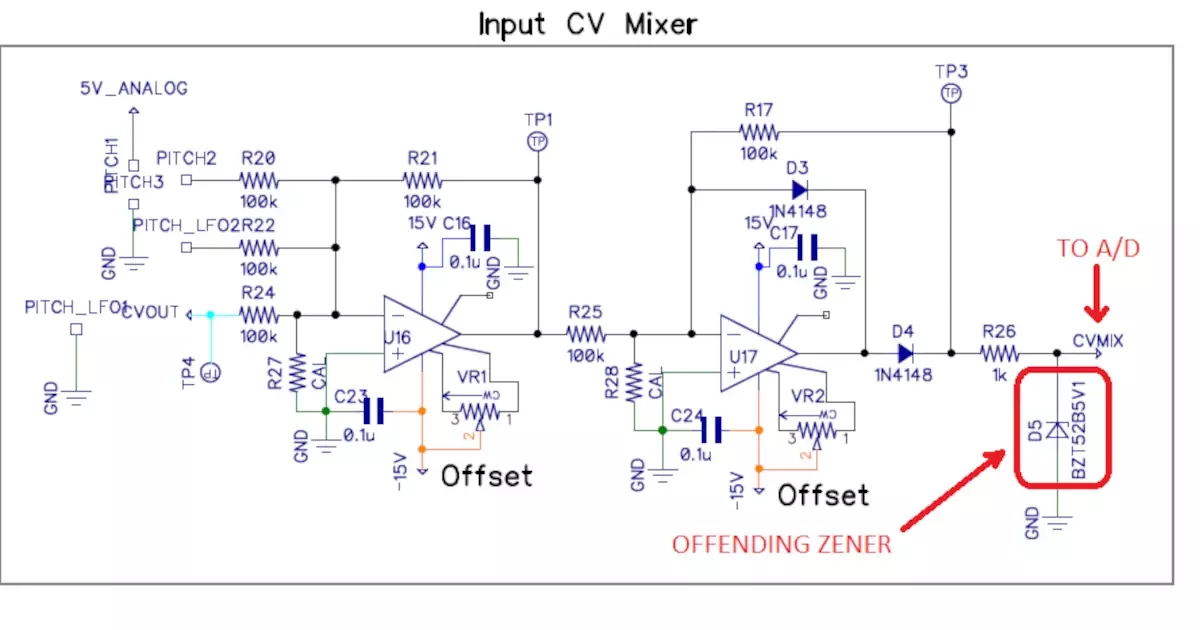
Bits Flying In
Stephen learns that MIDI tutorials that are online only cover the basics and Parker has haunting vias.
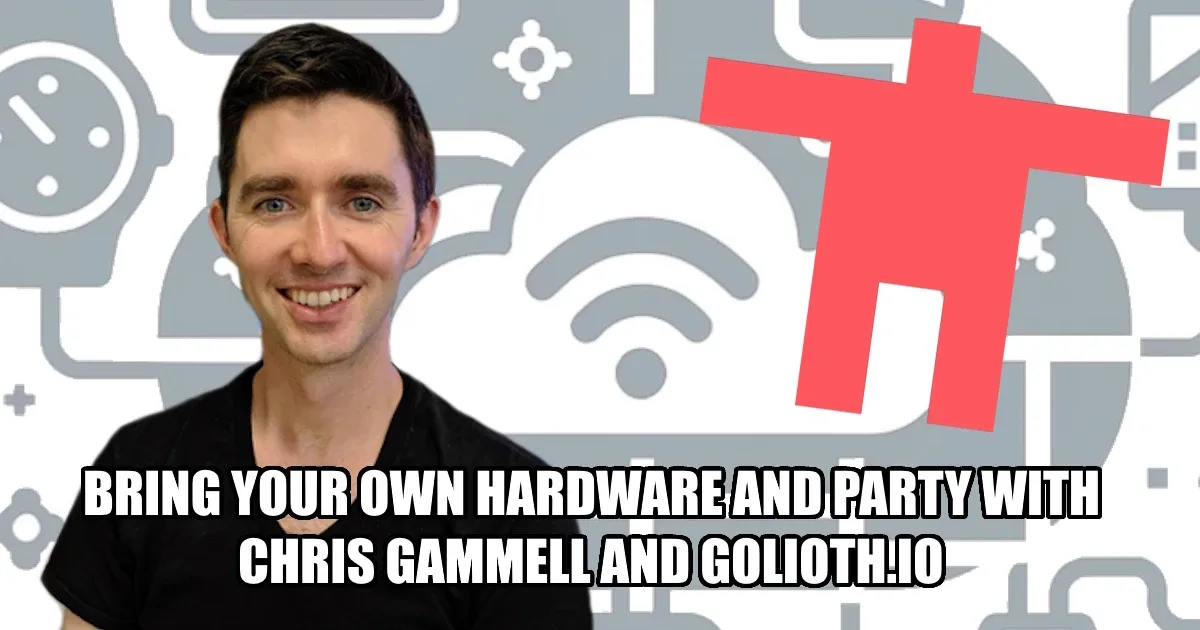
No David Here, Chris Gammell with Golioth.io
We welcome Chris Gammell, Developer Relations Lead at Golioth, to explore the exciting world of IoT (Internet of Things) and hardware.
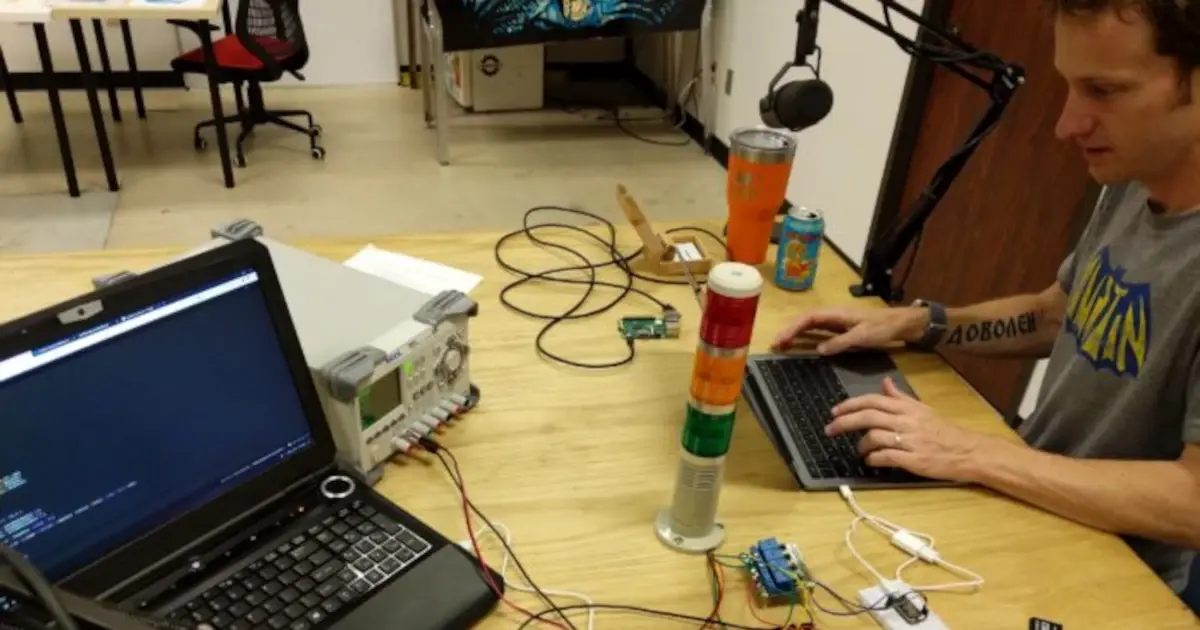
Brandon Satrom and the LANoT
Parker talks with Brandon Satrom of Particle about the future of IoT and then design and prototype an IoT device.
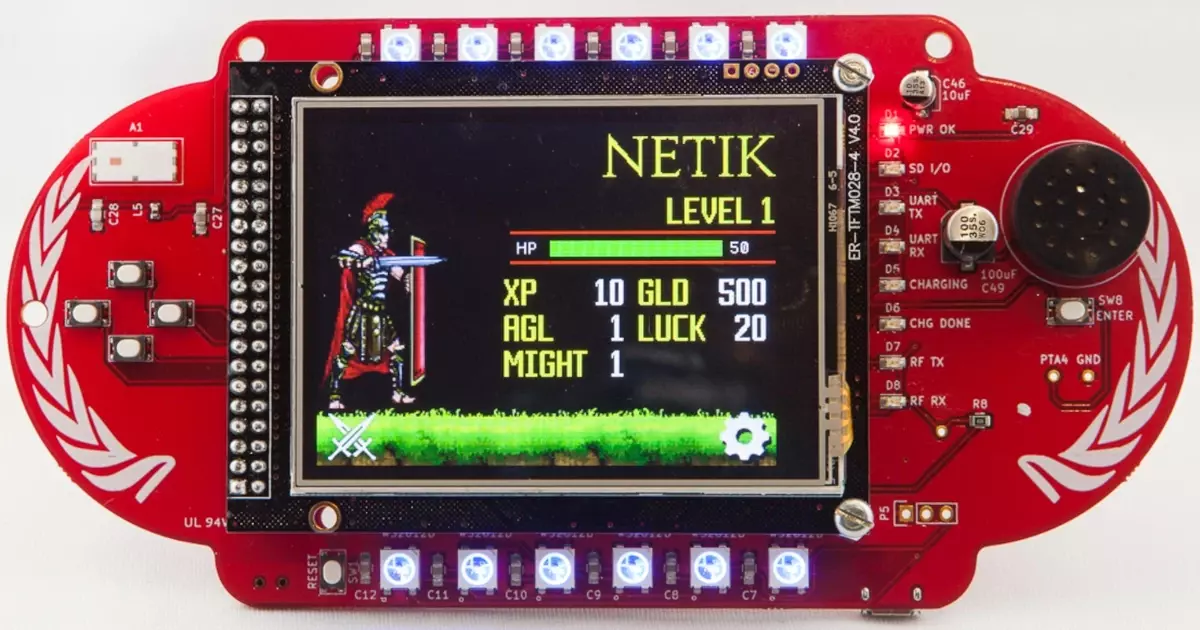
The One Man Entertainment Machine
John Adams joins Parker and Stephen to discuss IoT Security, Crappy IoT Devices, and WS2812B LEDs.
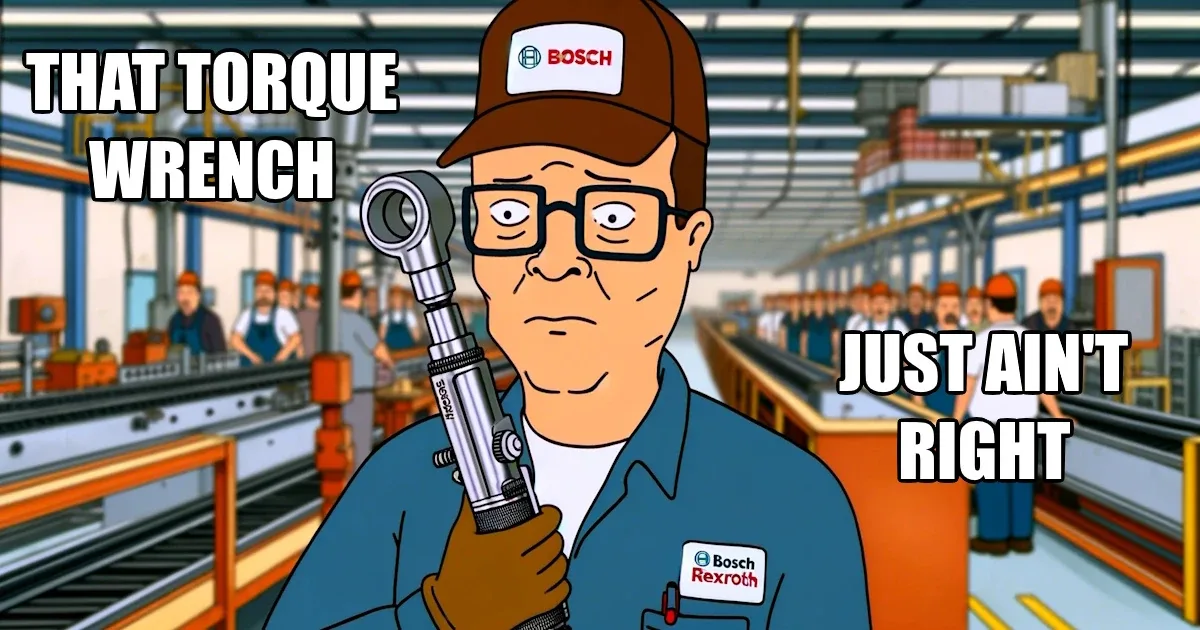
Net Running the Nut Runners with Joe Grand
Bosch wrench hack sparks talk on insecure IoT devices. We discuss safety risks and broader implications.
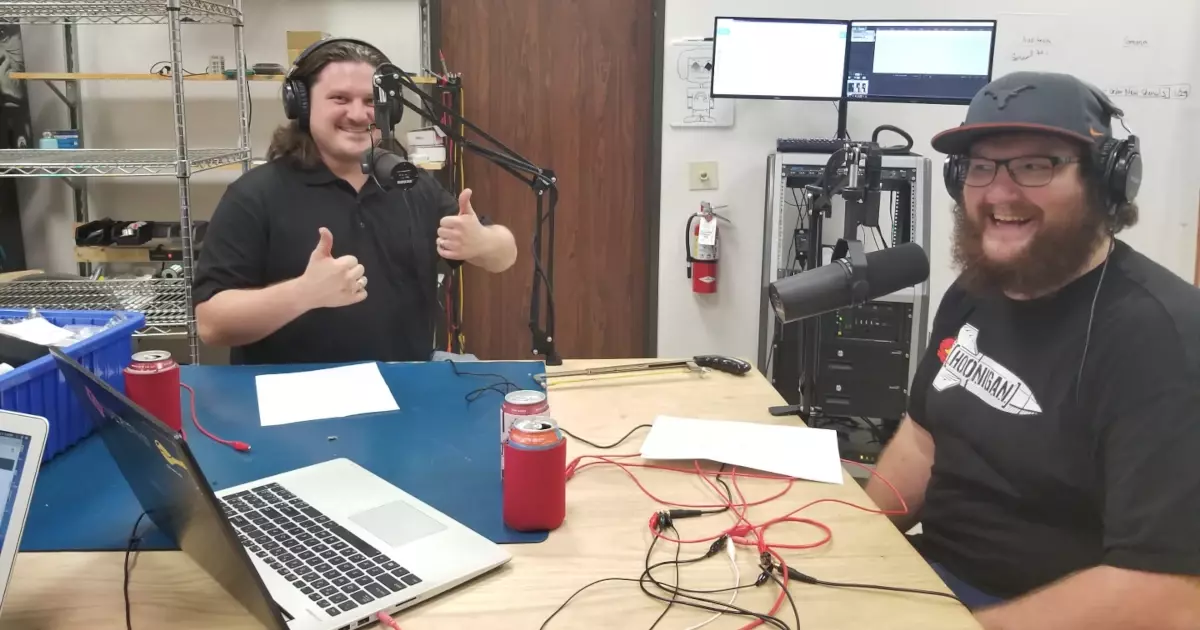
The Internet of Mothers
Agustin Pelaez and Cameron Klotz of Ubidots talk about what is IoT and how to start an IoT Project.
About MacroFab
MacroFab offers comprehensive manufacturing solutions, from your smallest prototyping orders to your largest production needs. Our factory network locations are strategically located across North America, ensuring that we have the flexibility to provide capacity when and where you need it most.
Experience the future of EMS manufacturing with our state-of-the-art technology platform and cutting-edge digital supply chain solutions. At MacroFab, we ensure that your electronics are produced faster, more efficiently, and with fewer logistic problems than ever before.
Take advantage of AI-enabled sourcing opportunities and employ expert teams who are connected through a user-friendly technology platform. Discover how streamlined electronics manufacturing can benefit your business by contacting us today.